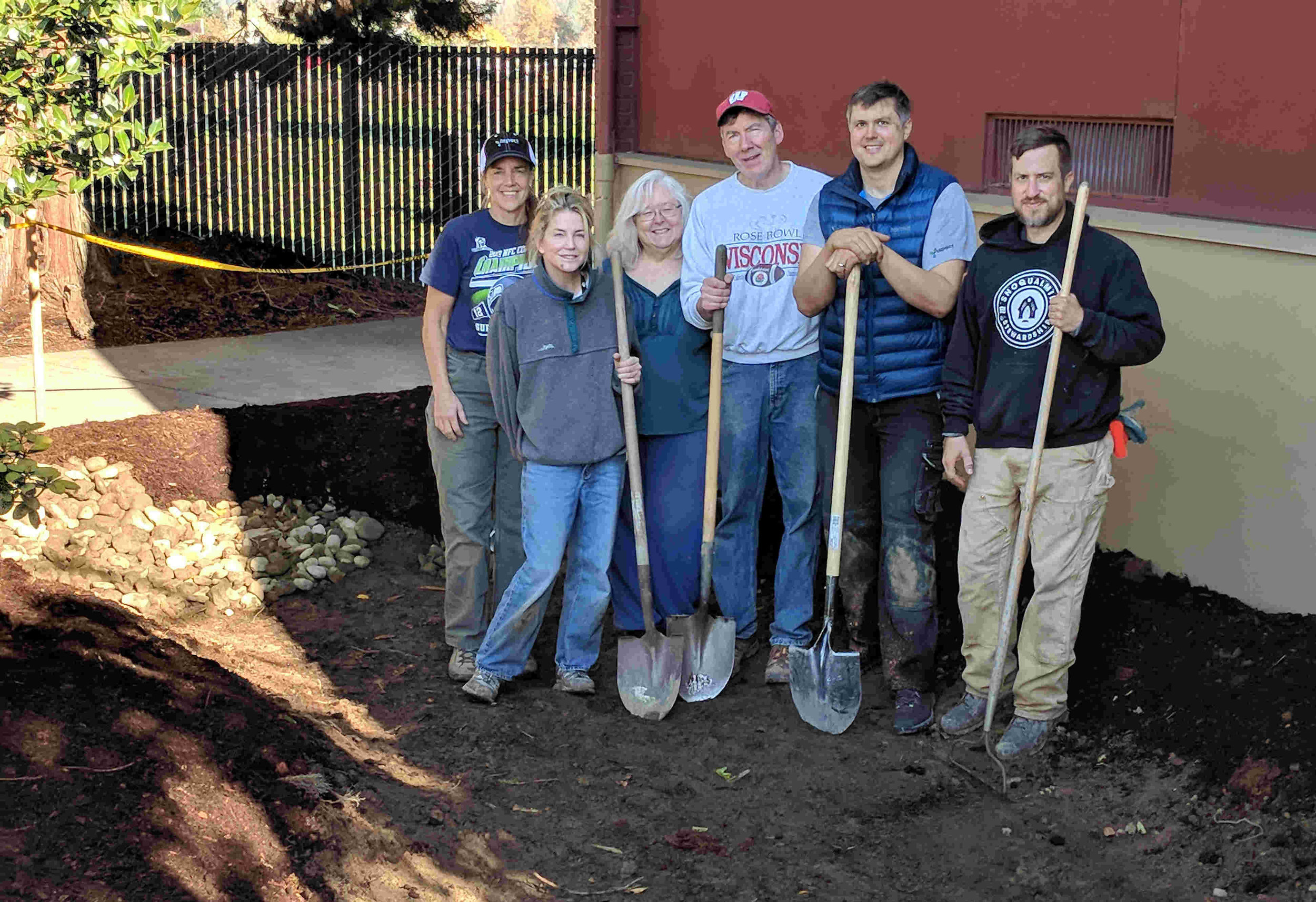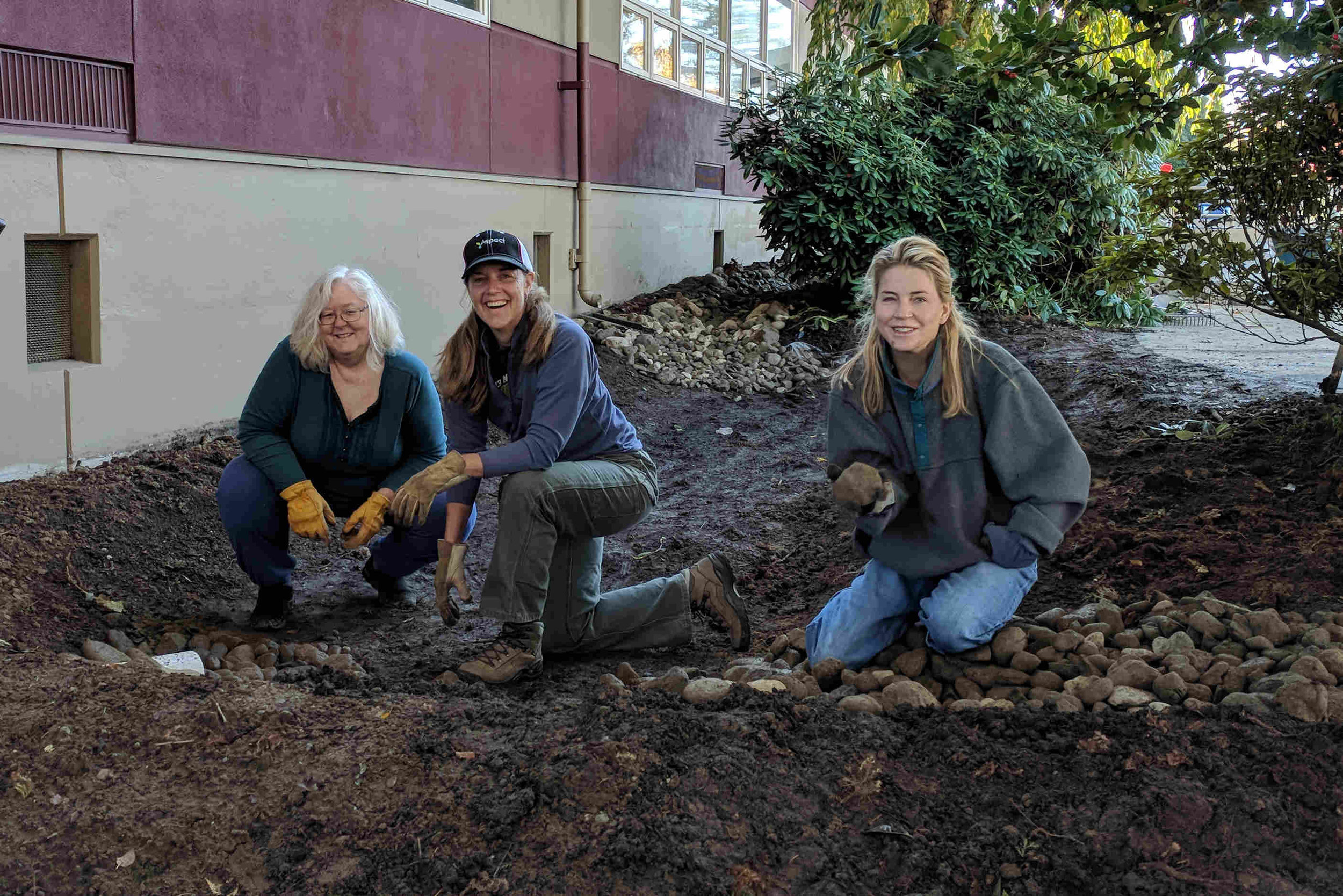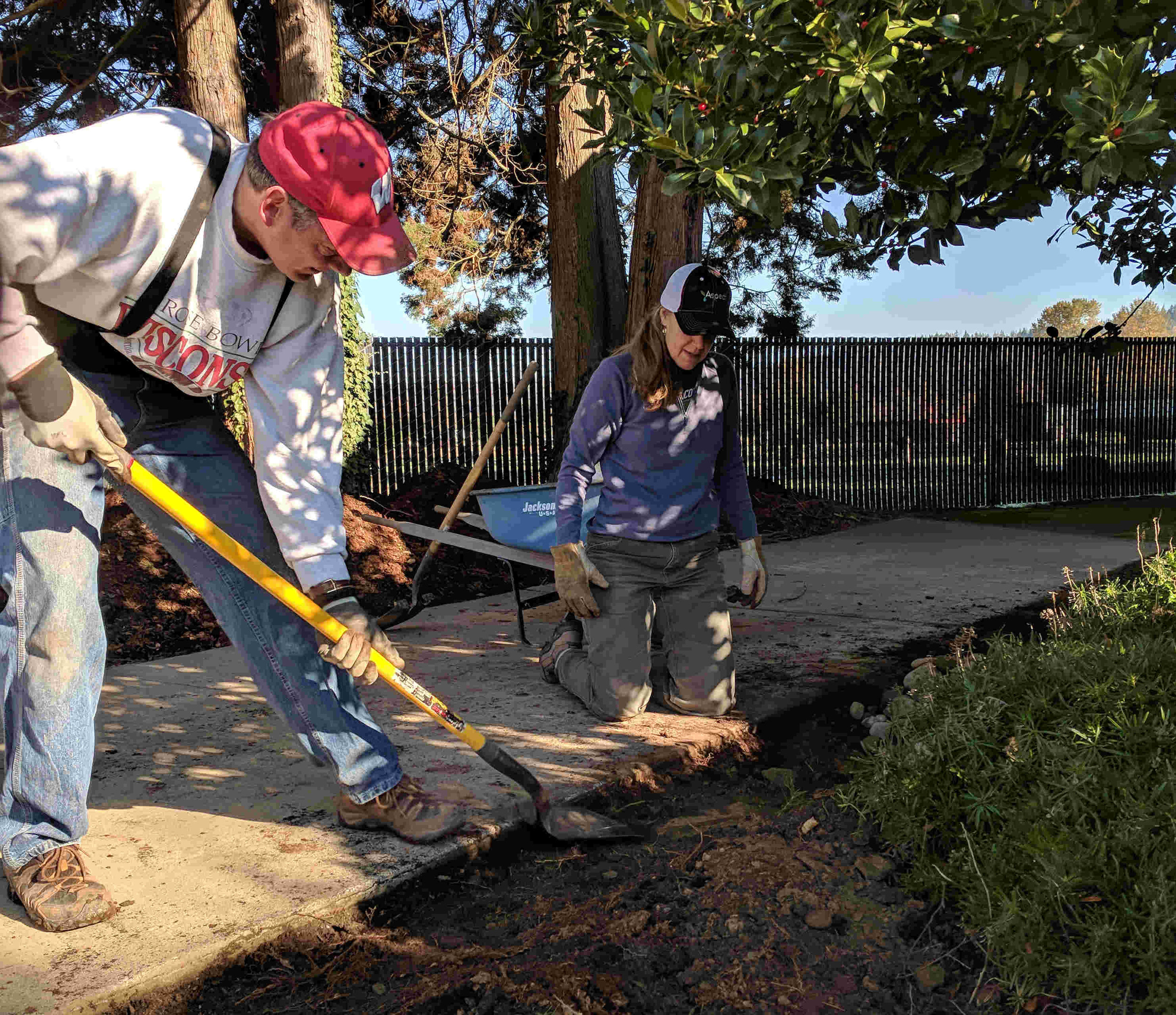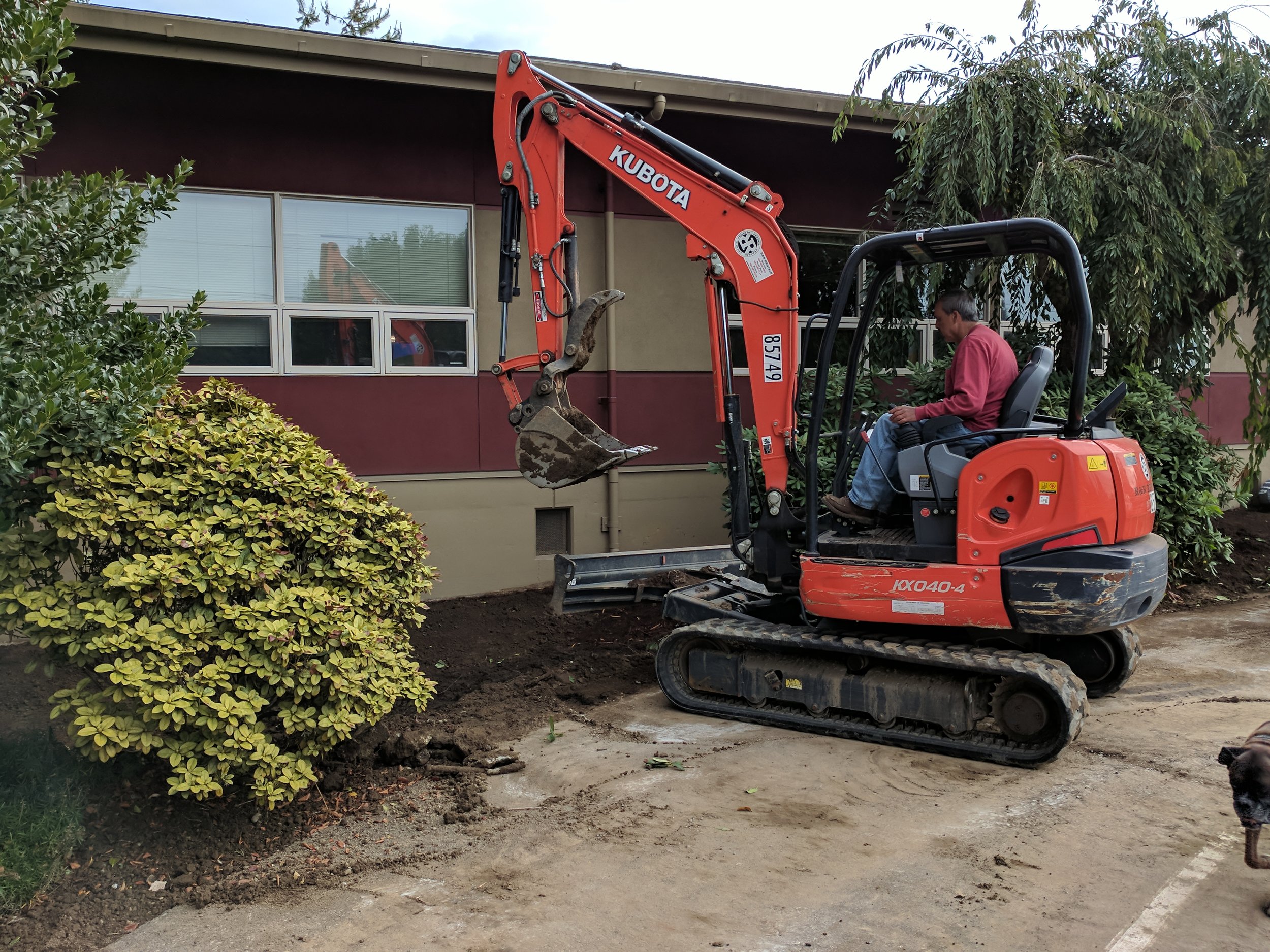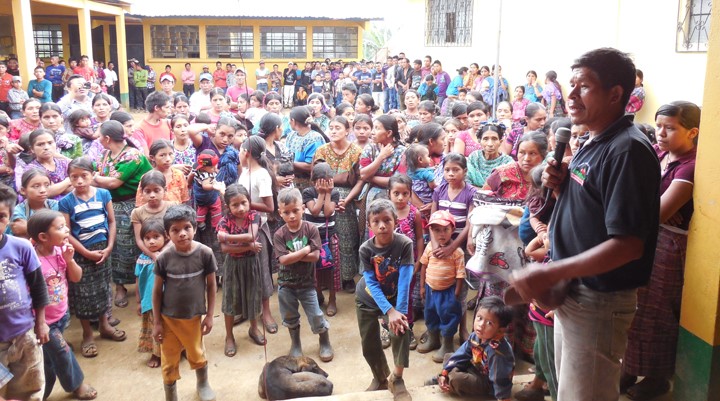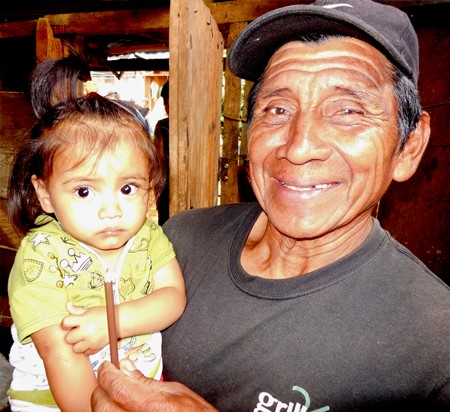1. Where are you from? If you’re not from the Pacific Northwest, what brought you here?
I was born in Seoul, South Korea, and spent my childhood there, but I did most of my schooling in Georgia (the state). Then I moved to Corvallis, Oregon, for graduate school and lived there for 3 years before moving to Washington to join Aspect.
2. What inspired you to pursue geology? What made you curious about it?
I am a little bit surprised how things turned out. I remember from middle school the disdain I felt toward my younger brother’s mineral collection because it seemed so nerdy! But gradually I became aware of my appreciation for the outdoors and my enjoyment for learning why things look and act like they do. When I learned that a geology degree at the University of Georgia required a 6-week field course in Colorado, I was sold. Also, being in the South, I liked how I could delve into topics like evolution, climate change, and resource exploration that many found/find controversial.
3. What do you like best about your area of expertise? What excites you and keeps you motivated?
I like being able to picture the processes that formed a landscape when I look around, and I can’t imagine exploring the world any other way now. At work, I enjoy applying my geological background to urgent questions by putting my foot on the ground and probing what’s around and underneath. I like seeing concrete reasons and results of my work, and it’s exciting to be able to say, “Hey, I helped build that!” or “Hey, I helped make this house a safer place to live!” I thrive when I’m constantly learning new things, and I’m very happy to be doing just that every day at Aspect.
4. What do you like to do when you aren’t working?
I love to cook. I read cookbooks for fun, watch a lot of cooking videos, and sometimes fantasize about taking a week off just to try a bunch of recipes. I love being in the mountains and try to go hiking every weekend. I also enjoy trying to rock climb, playing violin, visiting the local animal shelter to pet cats (and dogs), and goofing off with my partner, Phillip.
5. Where in the world would you like to travel next?
I’ve been wanting to visit Japan for a long time, largely for their food.
